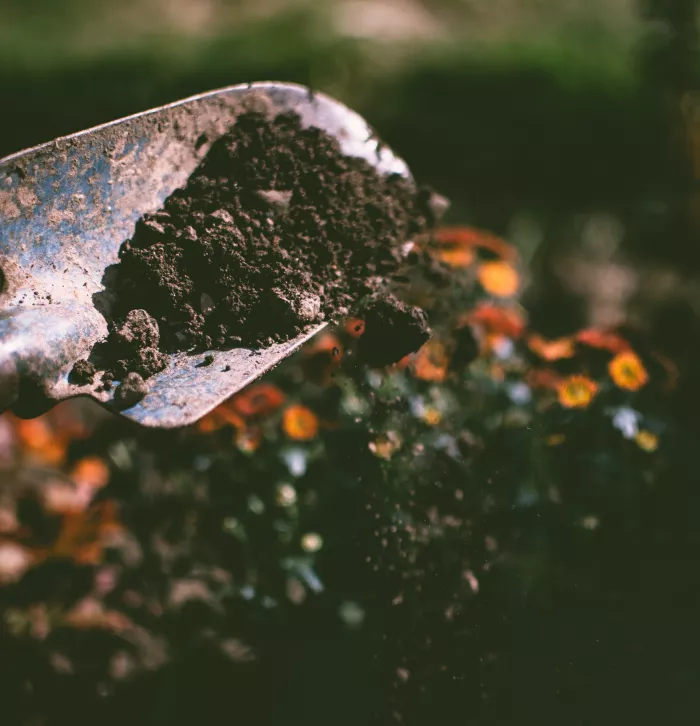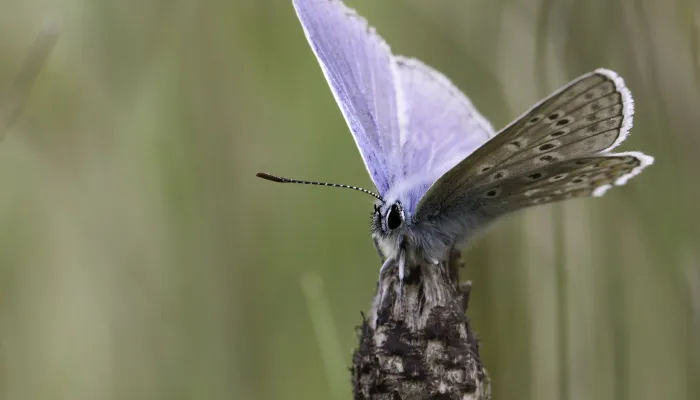Kent Wildlife Trust faces huge challenges during coronavirus.
Kent Wildlife Trust, along with The Wildlife Trusts – a movement of 46 charities across the UK – is, like others, dealing with unprecedented challenges caused by coronavirus. Restoring nature in the UK – one of the most nature-depleted countries in the world – has become harder than ever during the pandemic. At the same time, people are seeking solace in nature to relieve the hardships caused by lockdown.
A significant portion of Trust staff have been furloughed in an attempt to help mitigate the impact of the pandemic on the charity. Those that remain in post have found valuable time is being lost in dealing with a proliferation of illegal activities such as shooting wildlife, vandalism and fly tipping. Meanwhile, vital conservation work has had to be put on hold – leading to an explosion of invasive non-native species, deterioration of rare wildflower meadows, stalled wildlife reintroductions and potential loss of species such as dormice from some areas of the country.
Current issues that Wildlife Trusts are struggling to deal with include:
- Management of rare and historic wildflower meadows – non-maintenance leads to deterioration and this will take time to repair
- Absence of species protection, species monitoring and special wildlife surveys
- Delay in legislation across governments – in England, for example, to the Environment, Agriculture and Fisheries Bills
- Lack of habitat restoration so nature recovery stalls
- Badger vaccination has stopped
- Land advisory work stopped
- No site visits to check planning applications – leading to possible swathe of knock-on effects once lockdown is lifted
- No beach cleans will lead to pollution problems particularly for marine mammals
- Gaps in marine data collection
- Necessary cancellation of all public events and education and community sessions, preventing outreach into vulnerable communities and risk of an ever increasing disconnect between young people and the natural world
- Flytipping, vandalism and theft on nature reserves
- Illegal shooting of rare birds
- Lack of management of invasive non-native species will now require a big effort once social distancing rules are relaxed
Paul Hadaway, Director of Conservation at Kent Wildife Trust says:
“The work of Kent Willdife Trust is critical. We live in one of the most nature depleted countries in the world at a time when there’s a big public conversation about the importance of nature – and access to it – in our everyday lives.
People are discovering that they want and need to connect to nature more than ever – they’re finding solace in nature, using our inspiration to help wildlife in their gardens and balconies and educating their children about the natural world. Huge numbers of people are enjoying our Wild at Home campaign dedicated to bringing nature to you and your families. But it is local nature – within walking distance or a short bike ride from home – which is particularly important for our mental and physical health at this time. As we look beyond this crisis to a return to ‘business as usual’ we hope the public will continue to support us in ensuring that nature remains as valued as it is at the moment and that as a society we protect and respect nature for all it has provided to us over these challenging times."
That’s why Kent Wildlife Trust, who manages over 80 reserves – most of them close to where people live – is at the sharp end of trying to deliver this public service. But these are desperate times for the Trust as income from visitor centres, memberships and fundraisers has crashed yet the demands of caring for a vast amount of nature reserves are higher than ever. We’re also heartbroken that so much of our valuable work restoring large areas of land has been put on hold and some species will lose out as monitoring and reintroduction programmes stall.
With the Environment, Agriculture and Fisheries Bills all now delayed, we have profound concerns about whether these critical pieces of legislation will become law – and enforcement bodies will be in place – before the Brexit transition period comes to an end on December 31st. The challenges faced by the natural environment have never been greater and we need both government and public support now more than ever.”
Evan Bowen-Jones, Chief Executive at Kent Wildlife Trust, explains:
“Kent Wildlife Trust can be a vital part of our county’s recovery from the current health crisis with over 80 nature reserves to protect and restore. Nature brings health benefits and offers solutions to the other great emergency facing humanity – the climate and nature crisis – so it must be protected and allowed to recover.”
“Kent Wildlife Trust relies upon our supporters to continue protecting Kent’s wildlife now, and in the years to come. The coronavirus pandemic is likely to have an unprecedented impact on the Trust’s finances. Kent Wildlife Trust currently expects to lose between £600,000-£800,000 of income over the next six months. Though it is hard to say now exactly how far reaching the consequences will be, this will affect our ability to continue all of our work, and to care for the nature reserves we all treasure. We are doing everything we can as an organisation to mitigate the impact of coronavirus on our wildlife and on us as an organisation, including seeking government support, but it’s not enough: we still need your help.”
Please consider making a donation to Kent Wildlife Trust or becoming a member. Every single contribution helps to create a Wilder Kent and helps the Trust continue its vital work to protect our nature and wildlife.


